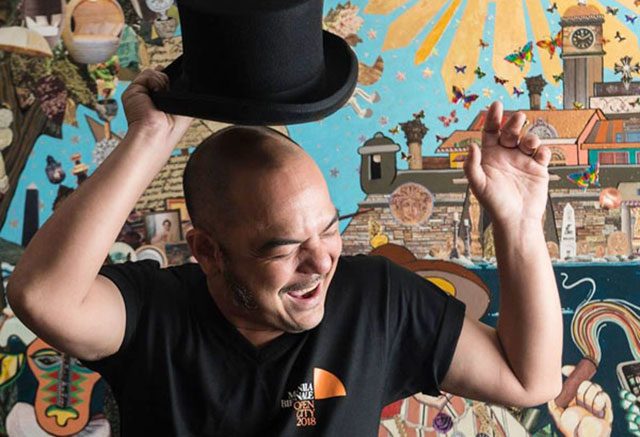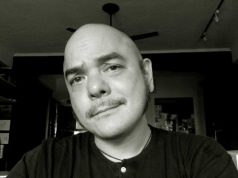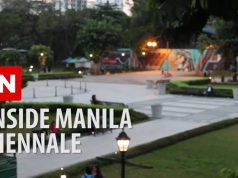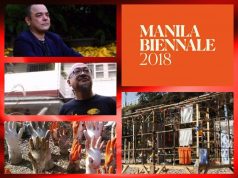The Supreme Court has upheld the decision against tour guide and activist Carlos Celdran who was found guilty of “offending religious feelings,” but some are wondering why other more outspoken critics of the Catholic faith have yet to suffer the same fate.
Offended religious feelings
Celdran posted pictures of his copy of the decision convicting him.
It's come to pass. My appeal in the Supreme Court has been denied and my sentence is upheld. Three
months minimum to a year and a month and a day maximum. #damaso pic.twitter.com/cJL0QfIqAi— carlosceldran (@carlosceldran) August 6, 2018
In the decision, the high court agreed with the Court of Appeals that Celdran was guilty of offending religious feelings under Article 133 of the Revised Penal Code when he entered the Manila Cathedral in Intramuros holding a placard with the name “Damaso” during an ecumenical gathering on September 30, 2010.
The SC underscored that it was not a trier of facts under the Rules of Court and thus honored the findings of the lower courts.
Celdran, a renowned tour guide and artist, was protesting against the clergy opposition to what was then the Reproductive Health Bill.
‘Damaso’ is a reference to the villainous friar Padre Damaso in Jose Rizal’s classic novel “Noli Me Tangere,” a character regarded as a symbol of oppression and corruption by the church during the Spanish occupation.
Celdran had gone through the hierarchy of courts, appealing to the Metropolitan Trial Court, Regional Trial Court and the CA without success.
Former solicitor general Florin Hilbay in 2016 sought the acquittal of Celdran, arguing in front of the SC that Celdran’s actions constituted political speech necessary for public discourse and that said Article 133 was unconstitutional as it was void for vagueness.
Some are questioning the basis for the case against Celdran.
I find deplorable this verdict against my good friend @carlosceldran. It’s the reasons why there are so much antiquated laws that used to silence freedom of speech #FreeCarlosCeldran
— Matthew Lopez (@MatthewLopez93) August 6, 2018
Among those is broadcaster Karen Davila, who asked why Celdran was charged with offending religious feelings when others such as President Rodrigo Duterte have had more violent reactions to the church.
To the Supreme Court: How can @carlosceldran be penalized for Offending Religious Feelings when no less than the President has cursed the church? https://t.co/Iql28wxRQZ
— Karen Davila (@iamkarendavila) August 6, 2018
Duterte has been known for a number of inflammatory comments on the church and God during interviews and public speeches as president.
As some have pointed out, the difference between Celdran’s and Duterte’s comments can be gleamed from the provision itself, which expressly states that the act must have been carried out “in a place devoted to public worship or during the celebration of any religious ceremony.”
For your guidance @iamkarendavila . Huwag react agad. Basa muna ng batas okay?
Take note of the second element :IN A PLACE DEVOTED… eh di naman sa simbahan nagmura sa Digong. pic.twitter.com/JvNDeEOtOb— Cid (@CidPabalan) August 6, 2018
Duterte’s comments on God came during a public speech in front of a crowd of spectators in Davao City, and not while inside a church or in front of a crowd of faithful.
Manila Archbishop Luis Antonio Cardinal Tagle in 2015 said that Celdran had been forgiven by the church for the incident.







